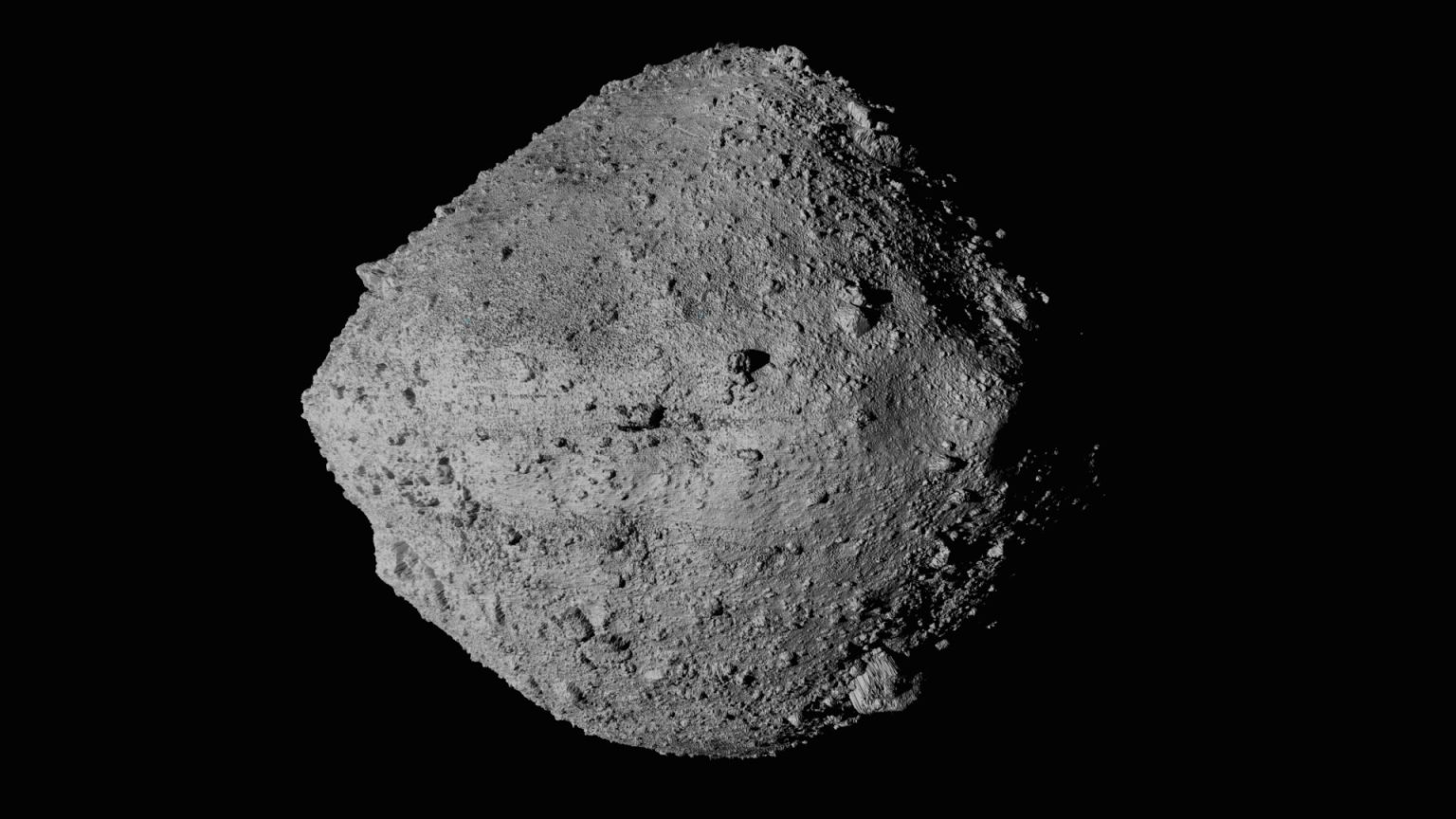The successful retrieval and analysis of samples from the asteroid Bennu by NASA’s OSIRIS-REx mission marks a significant leap forward in the search for extraterrestrial life. Bennu, a carbon-rich asteroid in relative proximity to Earth, offers a unique window into the early stages of our solar system’s formation and the potential for life beyond our planet. The presence of key organic molecules within the asteroid’s composition provides tantalizing clues about the prevalence of life’s building blocks throughout the cosmos.
The meticulous examination of a small sample of dust retrieved from Bennu has yielded a treasure trove of organic compounds crucial to life as we know it. Among the most exciting discoveries is the identification of 14 of the 20 amino acids essential for protein synthesis in terrestrial life. Proteins are the workhorses of biological systems, driving virtually every cellular process and function. Furthermore, the presence of ammonia and formaldehyde, precursors to amino acid formation, suggests a potential pathway for the generation of these vital molecules within Bennu itself or its parent body.
Adding to the intrigue, the Bennu sample also contained all five nucleobases, the fundamental components of DNA and RNA, the molecules responsible for storing and transmitting genetic information. These discoveries lend credence to the hypothesis that the basic ingredients for life are not unique to Earth and may be widely distributed throughout the solar system and beyond. The presence of these building blocks within an asteroid suggests that the raw materials for life could be delivered to other planetary bodies, increasing the probability of life emerging elsewhere.
Further bolstering the case for a potentially life-supporting environment in Bennu’s past is the discovery of salt minerals. These minerals often form as a result of water evaporation, suggesting that liquid water may have once existed on Bennu or its parent body. The presence of liquid water is considered a fundamental requirement for the emergence and sustenance of life, further highlighting the potential of asteroids like Bennu as cradles for prebiotic chemistry.
While these findings do not definitively confirm the existence of past or present life on Bennu, they provide compelling evidence that the necessary building blocks were present. This discovery has profound implications for our understanding of the origins of life on Earth. It raises the intriguing possibility that the essential ingredients for life may have been delivered to our planet via asteroid impacts, kickstarting the evolutionary processes that led to the emergence of life as we know it.
This groundbreaking research opens up exciting new avenues of inquiry. Scientists can now compare the organic molecules found on Bennu with those found on Earth and other celestial bodies to gain a deeper understanding of the distribution and evolution of life’s building blocks throughout the solar system. The Bennu findings also strengthen the rationale for future missions to asteroids and other planetary bodies in search of evidence of past or present life. The possibility that the seeds of life are scattered throughout the cosmos has taken a giant leap from speculation to a tangible scientific possibility. The next step will be to determine whether these building blocks assembled into more complex molecules and ultimately, into living organisms elsewhere in our solar system or beyond.


